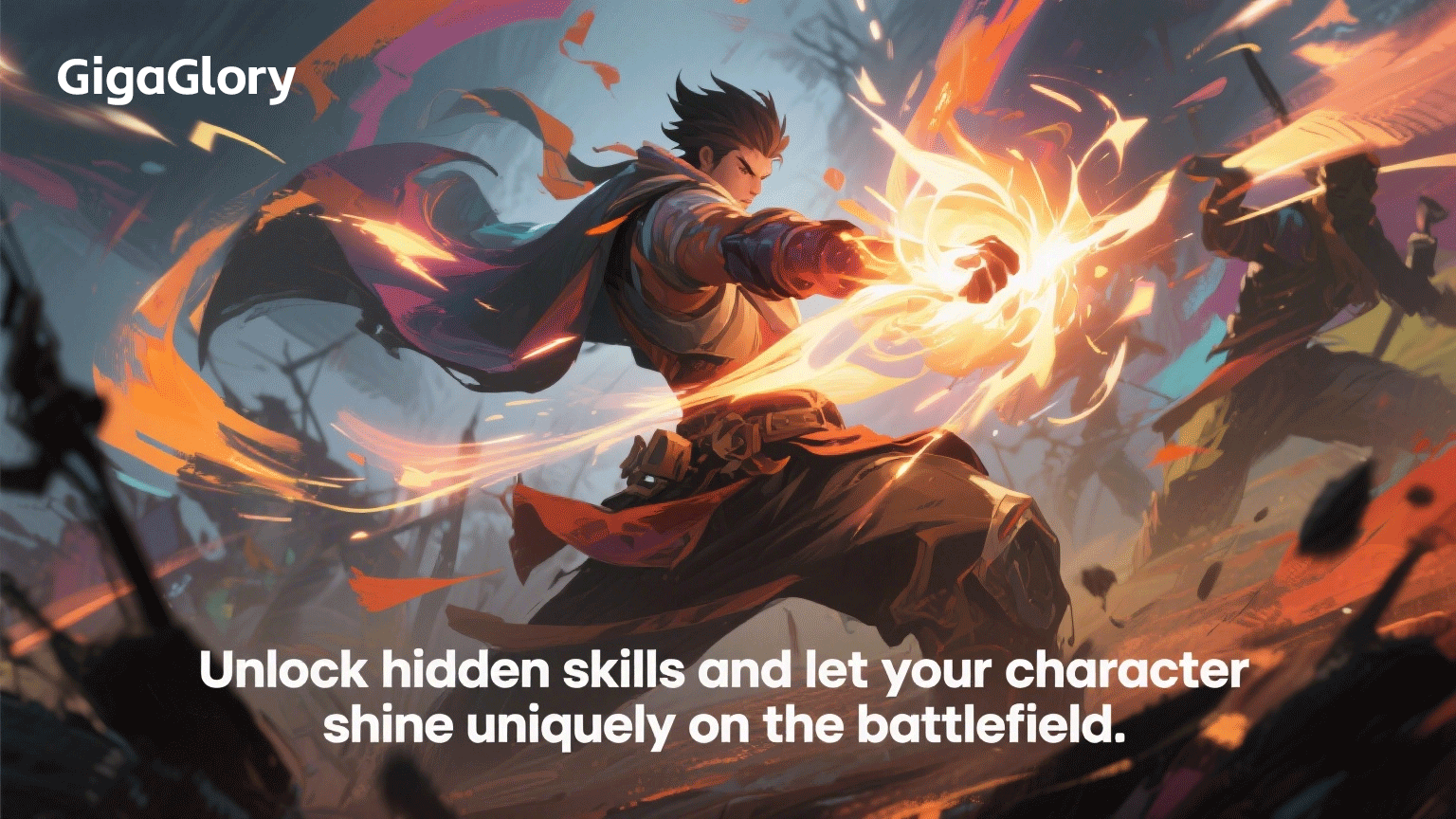Why Indie Games Are Revolutionizing the Gaming Industry: A Deep Dive
The world of video games has seen dramatic shifts over the past few years. The rise of indie games is not just a trend; it's a revolution. While traditional gaming companies often focus on blockbuster titles with massive budgets, indie game developers are taking a different approach. They are redefining what it means to create immersive gaming experiences and engaging narratives. In this article, we will explore why indie games are so transformative and what impact they have on the gaming industry.
Understanding Indie Games
Indie games are typically developed by small teams or individuals, often without the financial backing of major publishers. This independence allows for greater creativity and innovation. Indie games often focus on artistic expression, unique gameplay mechanics, and personal stories that resonate with players. But what exactly sets these games apart?
- Creative Freedom: Developers can explore unconventional ideas without corporate constraints.
- Personal Touch: Many indie games are inspired by developers' personal experiences, leading to relatable narratives.
- Unique Gameplay: Indie games often experiment with gameplay mechanics that challenge traditional gaming conventions.
The Role of Technology
Advancements in technology have empowered indie developers. Accessible game engines like Unity and Unreal Engine enable smaller teams to create high-quality games. The availability of distribution platforms such as Steam, itch.io, and the Epic Games Store has made it easier for indie developers to reach a broader audience.
| Platform | Key Features | Target Audience |
|---|---|---|
| Steam | Massive user base, community features | PC gamers, indie enthusiasts |
| itch.io | Focus on indie games, flexible pricing | Independent game supporters |
| Epic Games Store | Attractive revenue share for developers | All gamers, particularly Fortnite players |
Impact on the Gaming Market
The indie game boom has disrupted the traditional gaming market, bringing with it significant benefits:
- More Diverse Game Titles: Indie developers create games that cater to niche audiences, resulting in a more diverse gaming portfolio. Players can explore genres and subjects that mainstream games often overlook.
- Price Accessibility: Most indie games are priced affordably, making them accessible to a wider audience. This affordability fosters a community of developers and players who might otherwise be excluded.
- Community Engagement: Indie games often rely on their communities for support and feedback, creating stronger bonds between developers and players.
The Creative Risk-Taking of Indie Games
Indie developers are not afraid to take creative risks. For example, the game "Undertale" broke traditional RPG mechanics by allowing players to approach battles without violence. This unique take on gameplay has resonated with audiences and sparked discussions on ethics in gaming.
Case Study: Clash of Clans and Indie Inspiration
While "Clash of Clans" is a product of a larger studio, its success has inspired many indie games. Developers see how blending simple gameplay with social dynamics can lead to massive engagement. They emulate these elements in their creations, focusing on community and competitiveness without the corporate structure.
RPGs and Indie Games: A Match Made in Heaven
When discussing RPGs, it's essential to explore what RPG meaning game truly embodies. Indie RPGs often prioritize storytelling and character development. Titles like "Stardew Valley" and "Hollow Knight" have shown that indie developers can create complex worlds filled with rich narratives and engaging gameplay mechanics.
Marketability and Indie Games
Despite limited budgets, indie games have found ways to market themselves effectively. Influencers on platforms like Twitch and YouTube often promote indie games, reaching audiences that traditional marketing methods may overlook. This organic growth strategy resonates with players, leading to authentic recommendations.
The Future of Indie Games
As indie games continue to gain traction, the future looks bright. The gaming industry may see a surge in hybrid models, where indie developers collaborate with larger studios for distribution while retaining creative control. This approach can ultimately lead to even more innovative gaming experiences.
Conclusion: Embracing the Indie Revolution
The indie game revolution is not merely a shift in the gaming landscape; it's a movement towards creativity and inclusiveness. With their unique narratives, innovative gameplay, and authentic engagement with the community, indie games have proven to be more than just a passing trend. They are paving the path for the future of the industry, and players around the world are eagerly embracing it. As we support these innovative developers, we can look forward to witnessing how they will continue to transform the gaming world.



